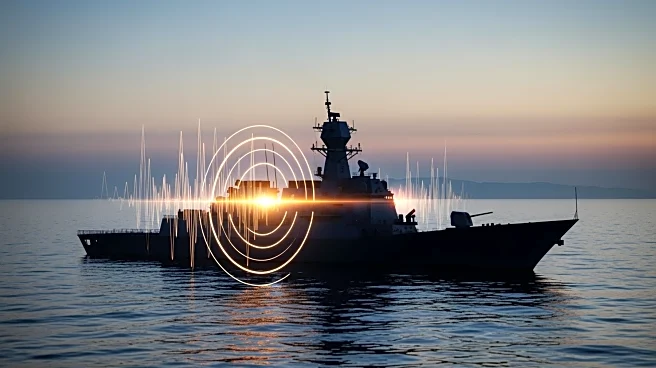What is the story about?
What's Happening?
A Chinese state-sponsored hacker group known as RedNovember has been implicated in a global espionage campaign targeting critical infrastructure from June 2024 to July 2025. The group has compromised defense contractors, government agencies, and major corporations by exploiting vulnerabilities in enterprise network gear. According to cybersecurity firm Recorded Future, the attacks have affected at least two U.S. defense contractors and over 30 Panamanian government agencies, among others across the U.S., Europe, Asia, and South America. The hackers used tools such as the Go-based Pantegana backdoor, Cobalt Strike, and SparkRAT to maintain persistent access to networks.
Why It's Important?
The breach of critical infrastructure by RedNovember highlights significant vulnerabilities in global cybersecurity defenses, particularly in sectors vital to national security and economic stability. The ability of the hackers to exploit vulnerabilities faster than organizations can patch them poses a serious threat to the integrity of sensitive data and operations. This incident underscores the need for enhanced cybersecurity measures and rapid response capabilities to protect against sophisticated cyber threats. The affected industries, including defense and government sectors, may face increased scrutiny and pressure to bolster their security protocols.
What's Next?
Organizations impacted by the breaches are likely to conduct thorough investigations to assess the extent of the damage and implement stronger security measures. Governments may increase collaboration with cybersecurity firms to develop more effective defenses against state-sponsored cyber threats. Additionally, there may be diplomatic repercussions as countries seek accountability and potentially impose sanctions or other measures against the entities responsible for the attacks.
Beyond the Headlines
The incident raises ethical and legal questions about state-sponsored cyber activities and the balance between national security and international relations. It may also prompt discussions on the development of international cybersecurity norms and agreements to prevent such attacks in the future.















